The New York City Department of Buildings (DOB) has enacted a new rule relating to façade maintenance and safety - this one directed at parapet walls. The parapet is a low protective wall along the edge of a roof, bridge, or balcony. The new rule is not a result of a new local law; rather, it’s an inspection requirement initiated solely by the DOB.
The Basics
“The new rule is called the ‘periodic observation of building parapets requirement,’” says Ben Tracy, a partner with Braverman Greenspun, a law firm based in Manhattan. “It applies to all buildings that contain a parapet wall above the roof line. The regulation went into effect in September 2023. It’s a stand-alone rule, but trends with the city’s façade inspection requirements. Those requirements have become more onerous over the past seven to 10 years.”
The adaptation of this rule is a departure for the DOB, in that it was enacted proactively, not reactively as the result of a human tragedy - like the one that led to the institution of Local Law 11, for example. No one was killed or injured by falling parapet debris this time, says Tracy. “There wasn’t a specific incident, unlike with Local Law 11, the result of falling debris. The department was moving in this direction as a matter of course, and is in line with existing façade inspection requirements. It’s a proactive step before something happens; a rule enactment, rather than a new law in response to something disastrous that already happened.”
What Are the New Requirements?
The new rule applies to all buildings - with the exception of one and two family homes, or buildings that display a barrier to the exterior of the wall that doesn’t allow access for inspection. An example would be a parapet wall set back from the edge of the building. There would have to be a landing space for debris to fall onto in the event of a parapet collapse, or a fence that encloses the parapet and would prevent falling debris. There must be some kind of guard between a crumbling parapet and the street below. Unlike Local Law 11, there isn’t any height exception.
“The biggest significant change for building owners, including co-op and condominium properties, is that an annual inspection of the parapets is required,” says Tracy. “Building owners that have parapets that face a street must perform this inspection, note the condition, and do an annual report. Unlike Local Law 11, which requires an inspection every five years, this rule requires an inspection every year by a qualified expert. I would say that the Department of Buildings showed some mercy to building owners with this new requirement with respect to who can perform the inspection. While building owners may choose to employ an architect or engineer to do the inspection and write the report, the department will also allow building supers and handymen to do it, as well as inspectors for insurance companies, who may do it as part of their own inspections for insurance coverage. These requirements are not so onerous or expensive for building ownership.”
Words of Advice
Tracy suggests that co-op and condo properties should keep and maintain the files resulting from the inspections but not to submit them to the DOB as submission of the report resulting from the inspections is not required unless requested by DOB. “You don’t want to submit a report that says there are no hazardous conditions and then the DOB finds otherwise. That opens a huge can of worms, but your management should keep a very thorough file of the information collected in the event it’s ever needed.”
While this new rule is yet another requirement for already overburdened co-op and condo ownership to consider in the overall maintenance program for their building facades, it’s a step forward that the decision to institute the rule was taken before an avoidable tragedy occurred rather than as a response to an avoidable injury.



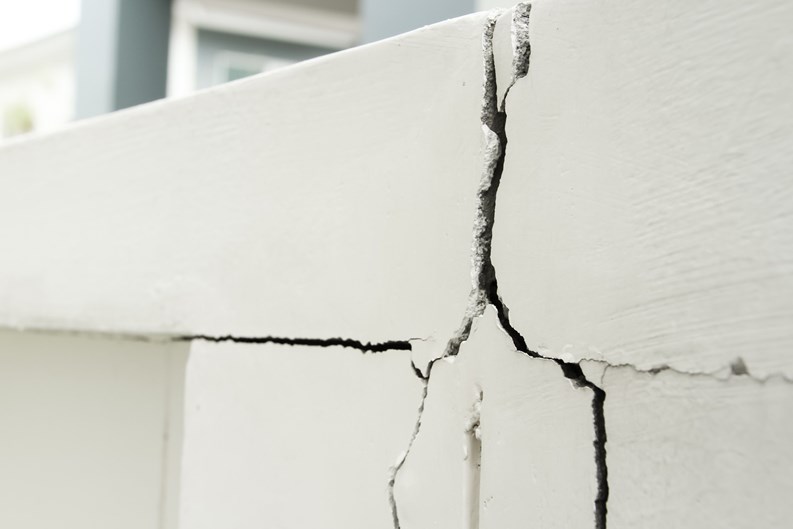
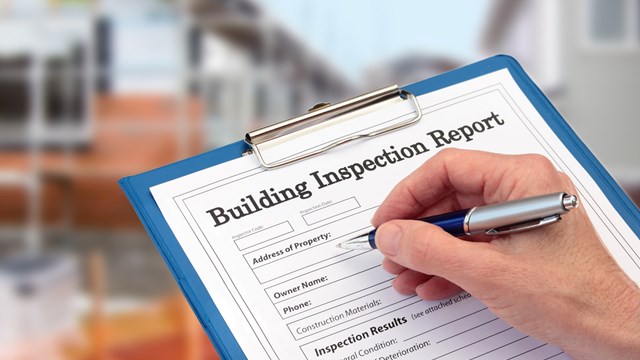

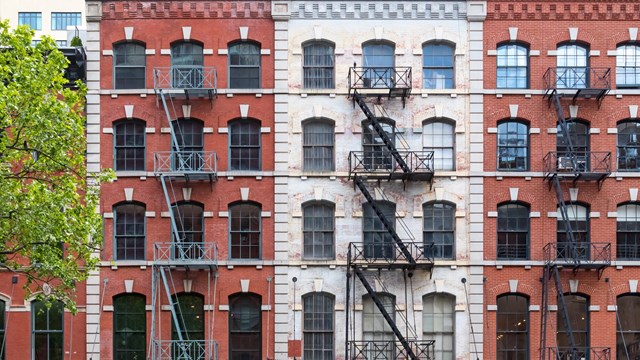
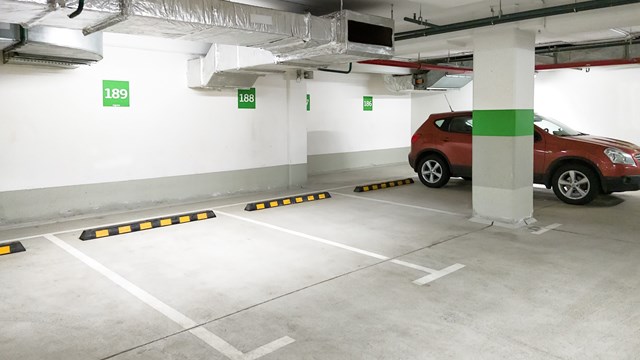
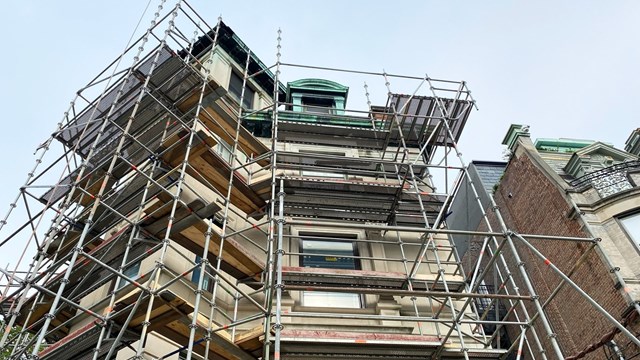
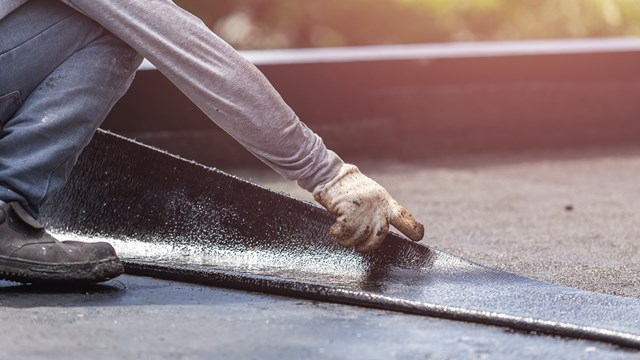
Leave a Comment